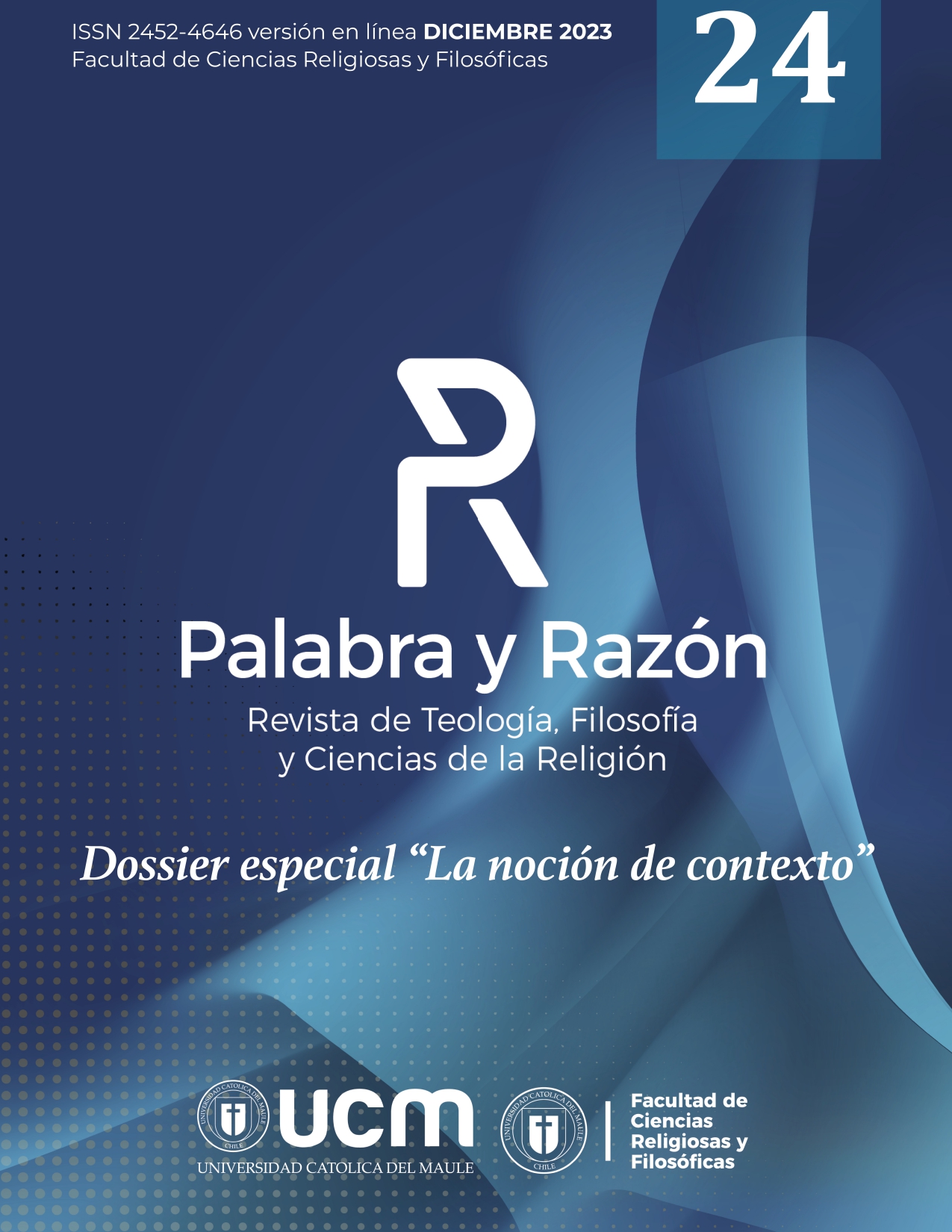¿Quién sabe cómo? Reexaminando las atribuciones de know-how en contexto
Contenido principal del artículo
Resumen
Detalles del artículo
Bengson, J., Moffett, M. & Wright, J. (2009). The folk on knowing how. Philosophical Studies, 142(3), 387-401.
Bengson, J., Cuneo, T. & Shaffer-Landau, R. (2022). Philosophical Methodology: From Data to Theory. Oxford University Press.
Carter, J. A., Duncan, P. & Shepherd, J. (2019). Knowledge-how, understandingwhy and epistemic luck: An experimental study. Review of Philosophy and Psychology, 10, 701-734.
Cath, Y. (2015). Revisionary intellectualism and Gettier. Philosophical Studies,172(1), 7-27.
Craig, E. (1990) Knowledge and the State of Nature. Clarendon Press.
Fara, M. (2008). Masked abilities and compatibilism. Mind, 117(468), 843-865.
Harmon, I. & Horne, Z. (2016). Evidence for anti-intellectualism about knowhow from a sentence recognition task. Synthese, 193(9), 2929-2947.
Hetherington, S. (2011). How to Know: A Practicalist Conception of Knowledge. Wiley-Blackwell.
Ginet, C. (1975). Knowledge, Perception, and Memory. Reidel.
Glick, E. (2012). Abilities and know-how attributions. En Brown, J. & Gerken, M. (eds.), Knowledge Ascriptions (pp. 120-139). Oxford University Press.
Gonnerman, C., Mortensen, K. & Robbins, J. (2018). The ordinary concept of knowledge-how. En Lombrozo, T., Knobe, J. & Nichols, S. (eds.), Oxford Studies in Experimental Philosophy (Vol. 2), 104–116. Oxford University Press.
Gonnerman, C., Mortensen, K. & Robbins, J. (2021). Knowing how as a philosophical hybrid. Synthese, 199, 11323-11354.
Jaster, R. (2021). Agent’s Abilities. De Gruyter.
Kratzer, A. (2012). The notional category of modality. Modals and Conditionals, 21-69. Oxford University Press.
Lewis, D. K. (1976). The paradoxes of time travel. Philosophical Papers, 2, 67-80. Oxford University Press.
Poston, T. (2009). Know how to be Gettiered? Philosophy and Phenomenological Research, 79(3), 743-747.
Ryle, G. (1949). The Concept of Mind. Hutchinson.
Snowdon, P. (2003). Knowing how and knowing that: A distinction
reconsidered. Proceedings of the Aristotelian Society, 104(1), 1-29.
Stanley, J. (2004). On the linguistic basis for contextualism. Philosophical Studies, 119(1/2), 119-146.
Stanley, J. (2005). Knowledge and Practical Interests. Oxford University Press.
Stanley, J. (2011). Know How. Oxford University Press.
Stanley, J. & Williamson, T. (2001). Knowing how. Journal of Philosophy, 98(8), 411-444.
Wallbridge, K. (2021). Subject-specific intellectualism: re-examining know how and ability. Synthese, 198 (Suppl 7), 1619-1638.
Williamson, T. (2016). Abductive philosophy. Philosophical Forum, 47, 263-280.
Ziff, P. (1984). Epistemic Analysis. Reidel.

Esta obra está bajo una licencia de Creative Commons Reconocimiento-NoComercial-CompartirIgual 4.0 Internacional

